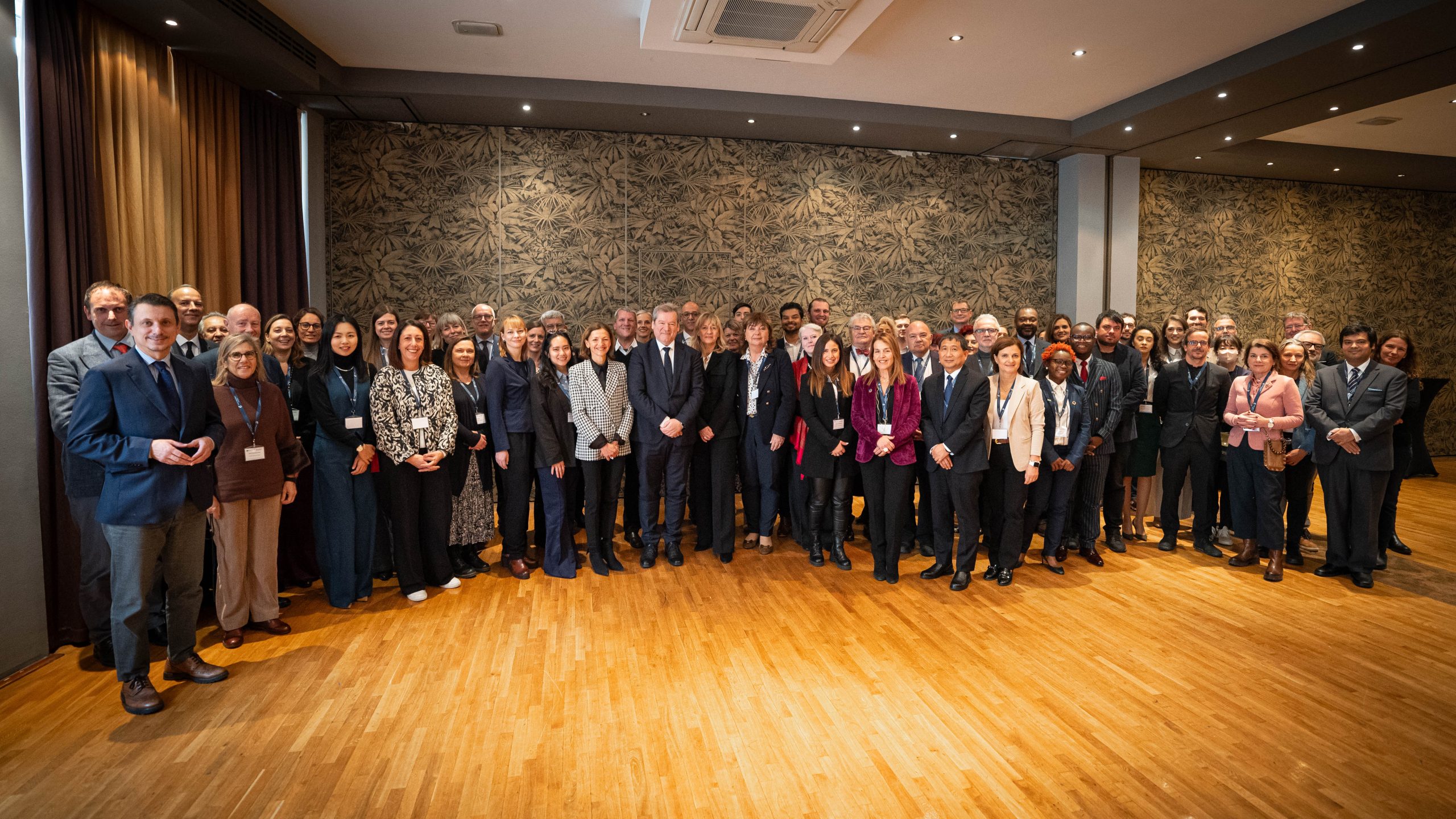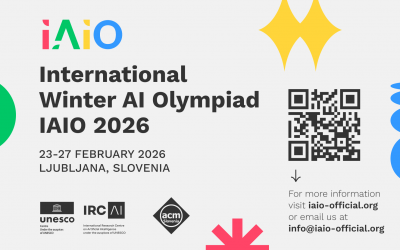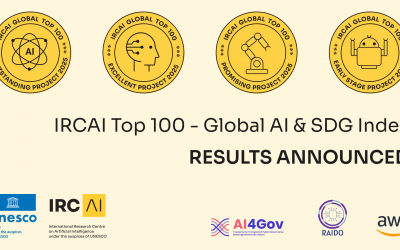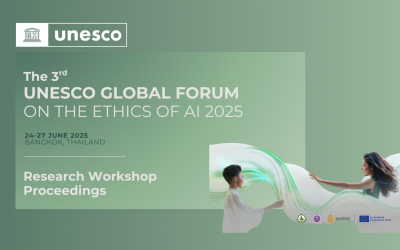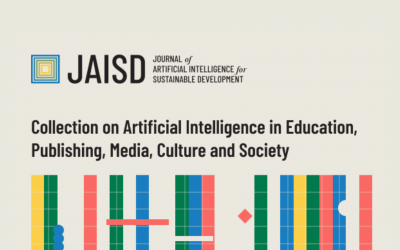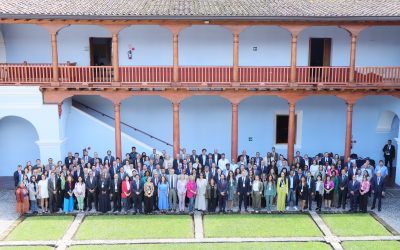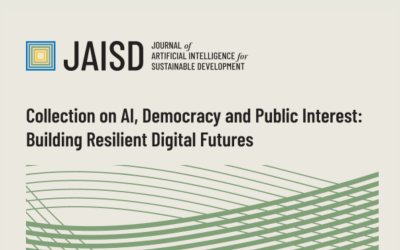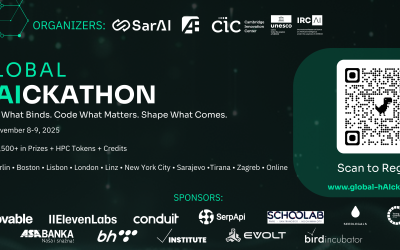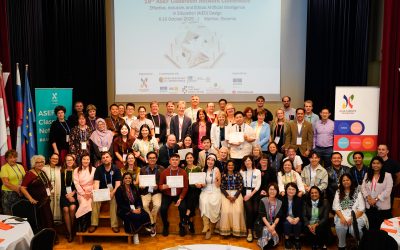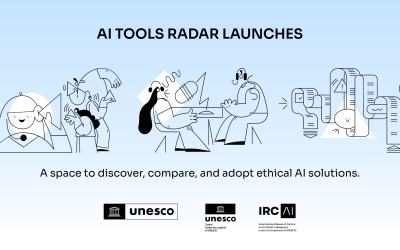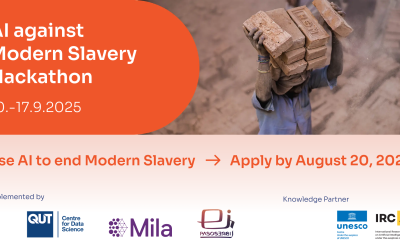Experts from across Europe gathered in Ljubljana, Slovenia, on 18-19 November 2025 to explore how science diplomacy can strengthen regional cooperation on climate change, emerging technologies, and the governance of shared natural resources. The high-level expert meeting brought together ministers, UNESCO Chairholders, representatives of UNESCO Category II Centres, UN entities, UNESCO National Commissions, governmental authorities, and academics from more than 20 countries.
Science diplomacy for shared regional challenges
South-East Europe faces rapidly intensifying pressures—from climate impacts to uneven technological development and complex management of transboundary ecosystems. Participants agreed that science diplomacy is essential for building trust, aligning policies, and supporting evidence-based decision-making across borders.
In his opening remarks, Dr. Igor Papič, Minister of Higher Education, Science and Innovation of Slovenia, described science diplomacy as “a bridge connecting nations, fostering trust, and transforming shared challenges into opportunities for cooperation.”
Magdalena Landry, Director of the UNESCO Regional Bureau for Science and Culture in Europe, emphasised that “the region’s pressing issues—climate change, shared natural resources, and the equitable development of new technologies—can only be addressed through diplomacy grounded in science and mutual trust.”
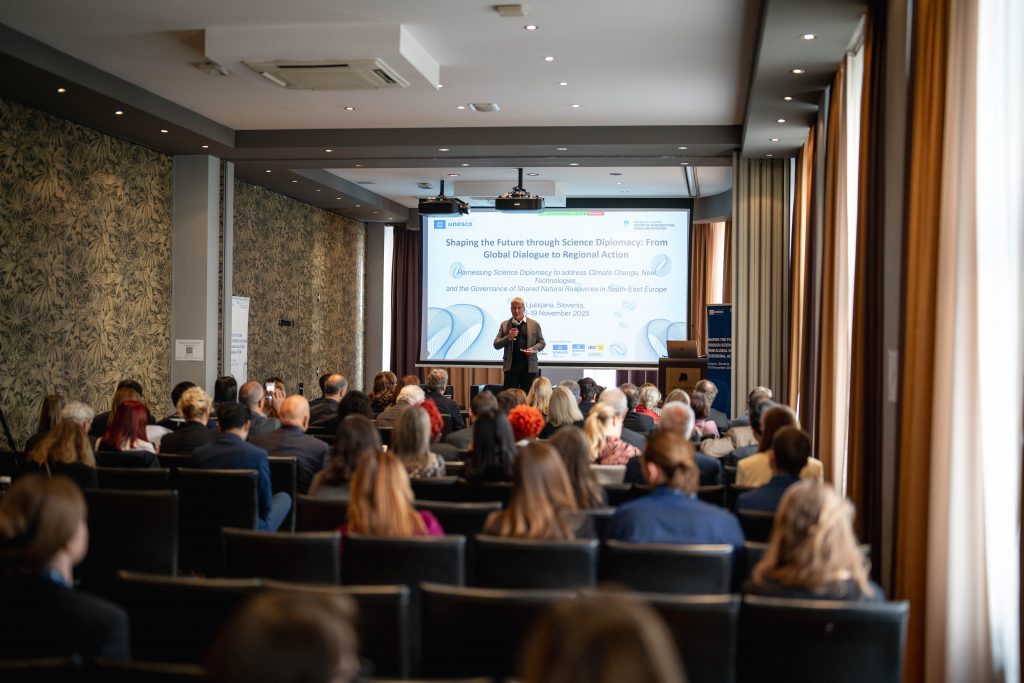
Focus areas
The discussions centred on three priority domains:
- Climate change: South-East Europe and the Mediterranean are IPCC-defined climate change hotspots, where rising temperatures, floods, prolonged droughts, and ecosystem degradation are exceeding global averages.Experts also emphasised that water is central to regional stability. As one speaker noted, “Eighty percent of climate impacts manifest through water,” making water diplomacy indispensable—yet increasingly difficult—in a context of accelerating hydrological cycles, droughts, and floods.
- Emerging technologies: Technological transformation is reshaping cooperation and diplomacy. Without inclusive approaches, smaller and non-EU countries risk exclusion from AI, digital and scientific advances, widening existing gaps.
Participants underlined that access to open data is essential for science diplomacy, research security, and responsible technological development. While countries once guarded environmental and scientific data, the growth of open satellite and Earth observation systems has increased transparency and enabled more effective cross-border cooperation. Several experts stressed that scientific data becomes part of cultural heritage over time and should remain accessible for the benefit of all. - Shared natural resources: Many of the region’s most vital systems, such as the Danube, Sava, and Drin River basins, mountain ecosystems, and the Adriatic coastline, are transboundary systems that sustain livelihoods, biodiversity and economic activities. Yet, their joint management remains politically and technically complex.
Danube Basin case study
The Danube River Basin offers a notable example of science diplomacy in action. Through shared data platforms, cross-border research initiatives, and citizen-science projects involving 14 countries, UNESCO and regional partners helped build a long-term framework for cooperation. This bottom-up approach—from working with local communities and businesses to conducting scientific activities for children—demonstrated how science diplomacy can strengthen trust, improve resource management, and translate scientific knowledge into practical solutions. This example illustrates how science diplomacy can succeed when scientific collaboration, local knowledge, and communication expertise come together.
“Science can really solve our challenges, so it should rank higher in diplomatic efforts.” Agota David, Policy Officer at European Commission
“Trust allows closeness and diminishes barriers.” Giuseppe Provenzano, Project Manager at Union for the Mediterranean
“We should bring more consciousness about ethical science and technologies into diplomatic work.” Andrei Luca, Director of Cultural and Scientific Diplomacy at the Romanian Ministry of Foreign Affairs
Regional collaboration for the 2030 Agenda
Building on the first “Global Ministerial Dialogue on Science Diplomacy”, held at UNESCO earlier in 2025, and drawing on the ‘European Framework for Science Diplomacy’, participants explored approaches to mobilise science diplomacy in advancing climate action, ensuring equitable and ethical use of new technologies, and promoting sustainable management of shared natural resources in South-East Europe.
Through expert panels and thematic exchanges, the meeting identified ways to:
- Strengthen regional networks and knowledge-sharing
- Enhance science-informed policy cooperation
- Promote ethical and equitable governance of emerging technologies
- Improve the sustainable management of shared natural resources
The event served as a platform to share best practices and find solutions to common challenges. The resulting expert dialogue contributed to advancing the 2030 Agenda for Sustainable Development across the region.
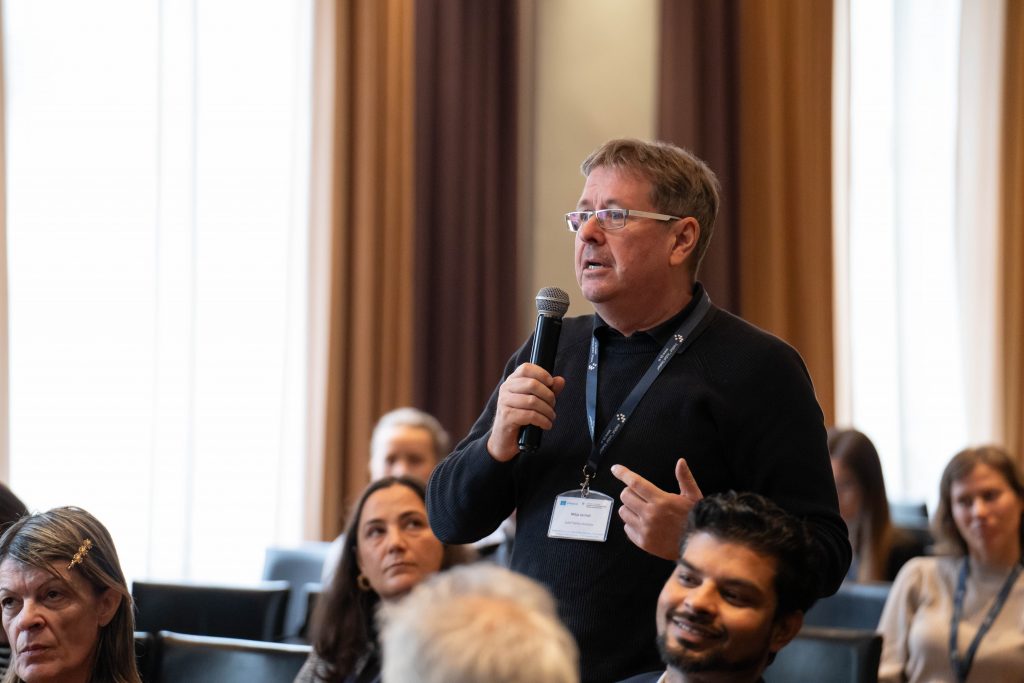
Key outputs
Two deliverables will guide future collaboration in South-East Europe:
- Expert Recommendations for UNESCO’s engagement in science diplomacy in the region
- A Policy Brief highlighting successful initiatives and pathways for scaling effective approaches
These outcomes aim to support sustained collaboration and reinforce science as a foundation for dialogue, diplomacy, and peace.
In South-East Europe, science diplomacy plays an important role in lowering political tensions, supporting rapid responses to extreme weather events, and fostering cooperation on ethical technology development. Participants stressed that its impact must extend beyond shifting political agendas to deliver long-term regional benefits.
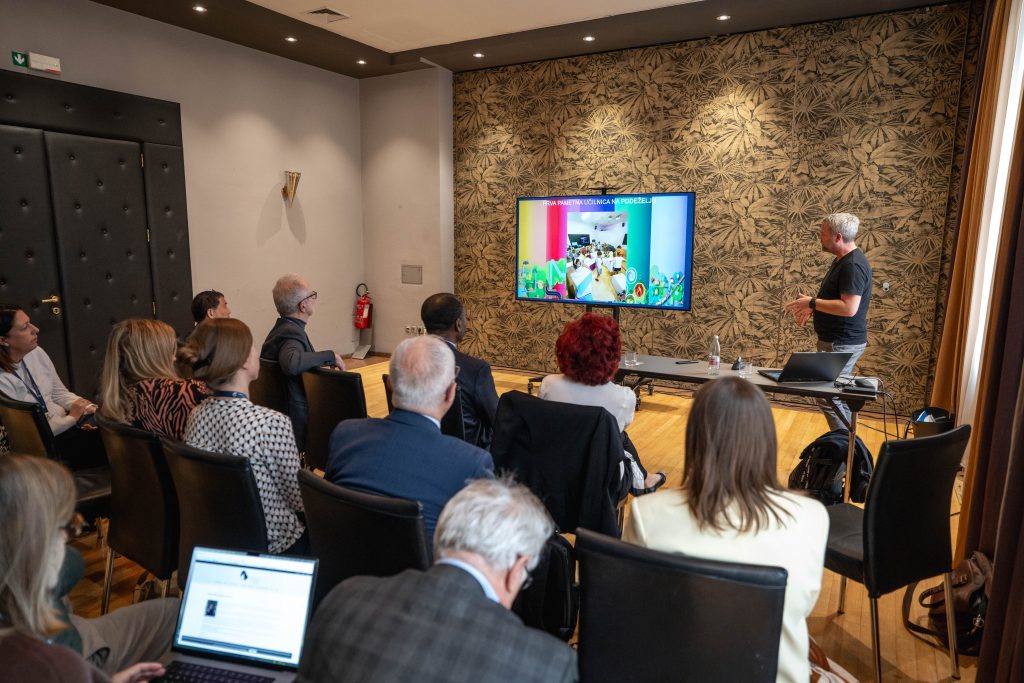
Organizers
The meeting was co-organised by the UNESCO Regional Bureau for Science and Culture in Europe, the Ministry of Higher Education, Science and Innovation of Slovenia, and the Slovenian National Commission for UNESCO, with the support of the Ministry of Foreign and European Affairs of Slovenia and the International Research Centre on Artificial Intelligence under the auspices of UNESCO (IRCAI).
Further reading
Cooperation through science diplomacy: Benefits and examples
The Role of Science Diplomacy in Water Supplies
UNESCO hosts global gathering to advance science diplomacy for peace
Scientists and policymakers tackling complex issues at the nexus of science and diplomacy
Bridging borders: Science diplomacy for water protection
